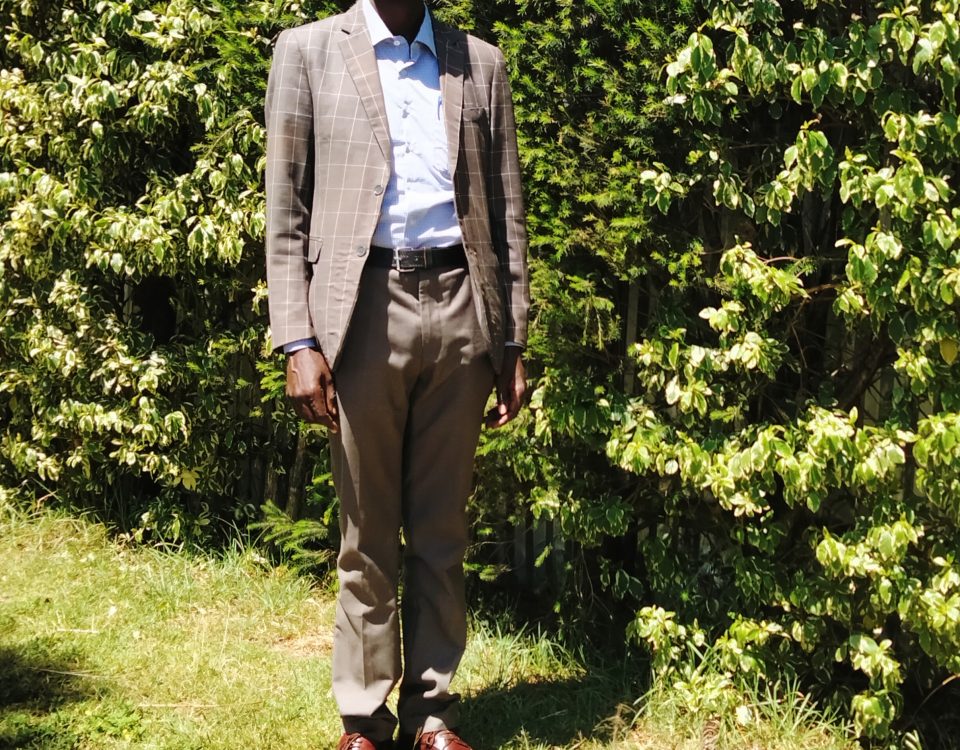The Greatest Olympian – Introduction (Part Two) Crimes and Principles
The Greatest Olympian – Introduction (Part One) Sporting Legacy
August 11, 2021The Greatest Olympian – Introduction (Part Three) Race, Class, and the Olympic Games
August 11, 2021The Greatest Olympian – Introduction (Part Two) Crimes and Principles
By Satish Sekar © Satish Sekar (August 5th 2021)
Black September
One of the greatest Olympians of all time, American swimmer Mark Spitz was Jewish. After his magnificent haul of seven gold medals in Munich’s Olympic Games of 1972 Spitz had to leave early after fears for his safety following the infamous Black September group that murdered eleven Israeli athletes.
He retired aged just 22. He made a come-back but never attained the same heights – the damage had been done.
The Palestinian Black September group’s attack was another example of Avery Brundage misreading the mood. The Games – superb sporting spectacle that they were should not have continued after the terrorist attack.
Olympic swimming was later dominated by Michael Phelps. In 2016 he won his 13th gold medal becoming the most titled Olympian of all time.
A Lesser Known Atrocity
Magnificent performances abound. The Munich atrocity is rightly condemned, but there was another that affected the Olympic Games, one that hardly gets a mention.
On October 6th, 1976 CIA operative Luis Posada Cariles master-minded a terrorist atrocity that killed all 73 people on board a Cubana Airlines flight. Despite having advance information on the terrorist plans, the CIA gave no warning. Twenty-four members of Cuba’s fencing team, mostly teenagers, were among those. The victims of Posada Cariles vile act included the very talented 22-year-old Olympian, Nancy Uranga Romoagoza.
Strangely, given its support of African liberation, Cuba had participated in the Montreal Olympic Games, despite the boycott over New Zealand’s Rugby Union tour of Apartheid South Africa. Uranga Romagoza was one of those Olympians. She was denied the chance to compete again.
Boycotts and Greats
Cuba produced its share of Olympic greats such as athlete Alberto Juantorena. In 1976 he made Olympic history. He remains the only male athlete to win gold at both the 400m and 800m at an Olympiad.
Hungary’s László Papp set a remarkable record. He was the first boxer to win three Olympic titles (1948-56). The last of his titles came after his country had been invaded by the Union of Soviet Socialist Republics – the reason for the infamous battle in the pool in the water polo match between Hungary and the USSR.
Papp was an exceptional champion. He didn’t just win his titles, he dominated. Papp won all 13 bouts in the Olympic Games – winning twelve fights without losing a round. Cuban boxers Teófilio Stevenson and Félix Savón (1992-2000) are the only boxers to match his total of Olympic titles.
Savón refused offers to defect and become a millionaire by fighting Mike Tyson. He also lost his chance of Olympic glory as Cuba was one of the few countries to boycott the Seoul Olympic Games. He couldn’t have known that would prevent him from matching Stevenson’s achievement of three successive Olympic titles (1972-80). Stevenson benefited from two Olympic boycotts (1976 and 1980) but there can be no doubt that he was a special talent, one that the legendary Muhammad Ali wanted to fight. However, Stevenson refused, staying an amateur in Cuba. He was denied the chance of a fourth title through a boycott – Cuba boycotted the second Olympiad to be hosted by Los Angeles (1984). Stevenson won the Friendship Games title in 1984 – a poor substitute for the Olympic Games. Stevenson died in 2012.
Boxing icon, the late Muhammad Ali, won gold in 1960 and famously threw his medal in a river in the USA after being denied service at a restaurant through Jim Crow racism. He was given another when he lit the Olympic Flame at the Atlanta Games in 1996.


